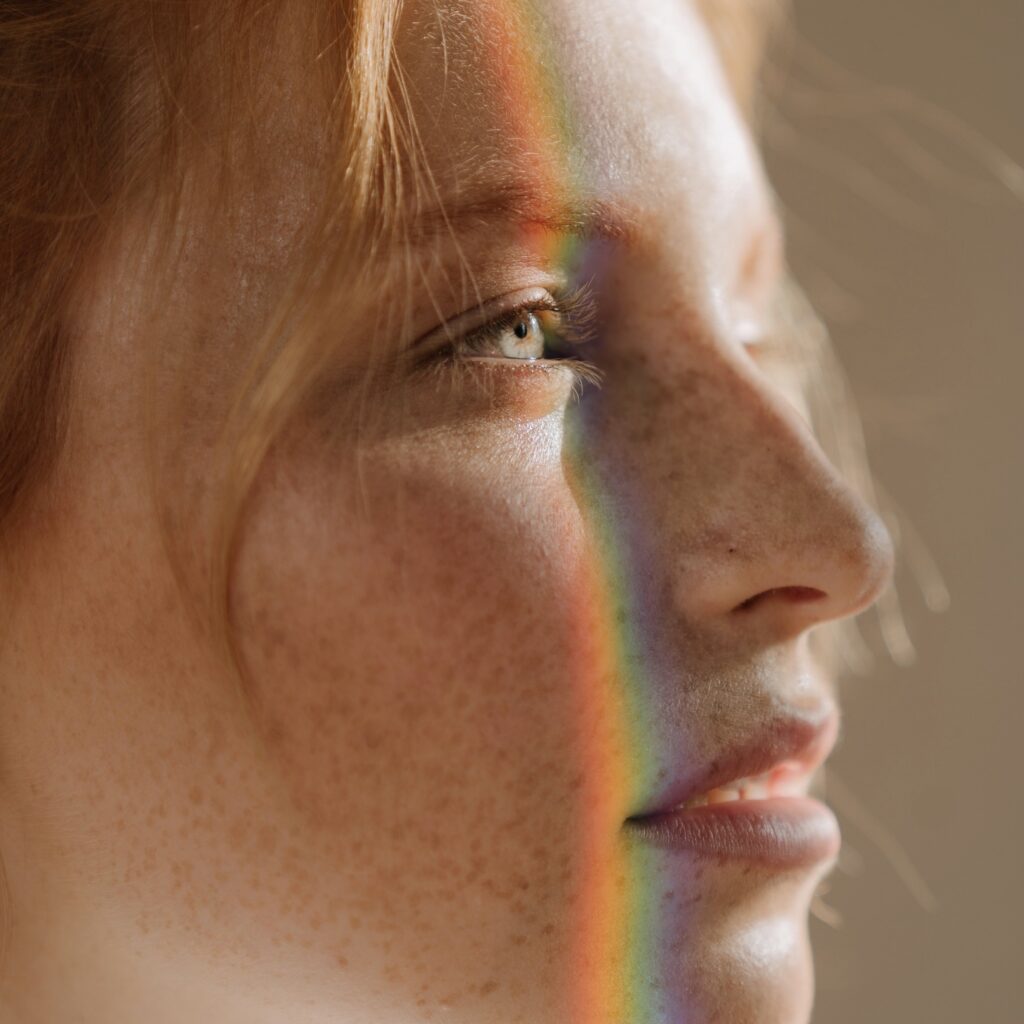Wellness
Is Stress and Poor Sleep Ageing Your Skin?
In today’s society we lead busy and often stressful lives, and unfortunately it’s our skin that often bears the brunt. Stress and poor sleep can directly impact the health and appearance of your skin and can accelerate skin ageing.
Stress is a major exacerbating factor for a number of skin conditions including psoriasis, eczema, atopic dermatitis, cold sores and acne rosacea, and it can also increase your likelihood of wrinkles and premature skin ageing.
When you’re stressed you produce high levels of the stress hormone cortisol which can breakdown collagen and elastin in the skin, leading to accelerated skin ageing. Collagen and elastin are the main structural proteins in our body that give our skin flexibility, elasticity and resilience.
Inflammation levels are also increased in the body when you're stressed which impacts the skin’s ability to heal and repair itself after injury, along with speeding up skin ageing.
Chronic stress is associated with insulin resistance which results in increased levels of glucose in the blood stream. High blood sugar levels can lead to a process called glycation that has damaging effects on the skin. Glycation occurs when sugar in your bloodstream binds to proteins in the body to form destructive, tissue-destroying new molecules called AGEs, or advanced glycation end products. AGEs are particularly damaging to collagen in the skin. Glycation increases the release of enzymes that breakdown and destroy collagen. AGEs can undergo extensive cross-linking with other proteins, making the skin rigid, dry, brittle, and prone to breakage, wrinkles and sagging.
Long-term stress can also affect your digestion, reducing the amount of essential nutrients and antioxidants that are delivered to skin cells, which can reduce the skin’s ability to rejuvenate and increases the risk of premature skin ageing.
Frowning, which often goes hand in hand with being stressed, can cause unwanted frown lines. We’ve also got a lot of facial muscles that need to stay nice and toned, so smiling is one of the best remedies.
HOW POOR SLEEP CAN ACCELERATE SKIN AGEING
Stress and poor sleep often go hand in hand. Dark circles and puffy eyes aren’t all you will get when you go too long without a good night’s sleep. A recent study has found that chronic inadequate and poor quality sleep accelerates skin aging, and significantly decreases your ability to recover from sunburn.
Sleep is extremely important for growth and renewal of skin cells. While you sleep your body and skin rejuvenates and repairs. If you are not getting enough sleep your melatonin levels will be reduced. Melatonin is a natural antioxidant that protects the body from free radicals. Researchers from the study propose that this could be one of the reasons why poor sleepers have accelerated ageing and reduced skin health.
Poor sleep is also associated with higher levels of inflammation, which is a precursor to ageing.
NATURAL WAYS TO RELIEVE STESS & IMPROVE SLEEP
It can be hard to avoid stress all together, however it is important to try to de-stress your life as much as possible and learn effective ways to cope with stressful situations so it doesn’t impact your health, and that of your skin. Regular exercise and relaxation, a healthy diet and adequate sleep are all important ways to manage stress. Find an enjoyable way to relax like yoga, meditation, tai chi, breathing techniques, walking the dog, reading a book or taking a relaxing bath.
If you feel that stress is getting the better of you, there are also some wonderful herbs that can help calm and restore a depleted nervous system, including valarian, withania, rhodiola, Siberian ginseng, skull cap, lavender, and lemon balm. You will find these stress relieving botanicals in our SereniTEA (calm), TranquiliTEA (sleep), VitaliTEA (adrenals), PositiviTEA (mood).
Having good sleep hygiene is also important for getting good quality sleep. Establish a relaxing sleep routine, avoid screens and blue light a couple of hours before bedtime, and avoid caffeine later in the day and opt for soothing caffeine-free herbal teas like chamomile, passionflower, lemon verbena and lemon balm. Other valuable herbs used by herbalists and naturopaths to treat insomnia include ziziphus, kava, and valerian. Supplementing with magnesium can also be very beneficial for helping you get a good night’s sleep.
Written by Lisa Guy, naturopath and founder of Bodhi Organic Tea.

